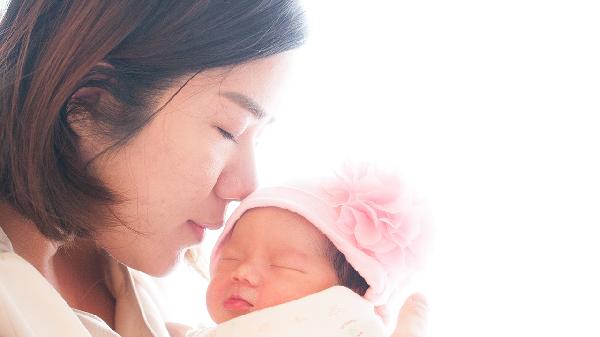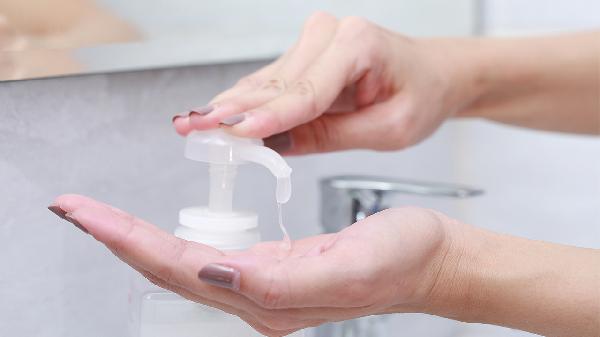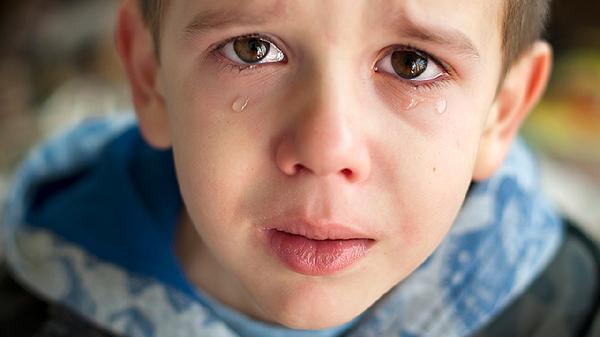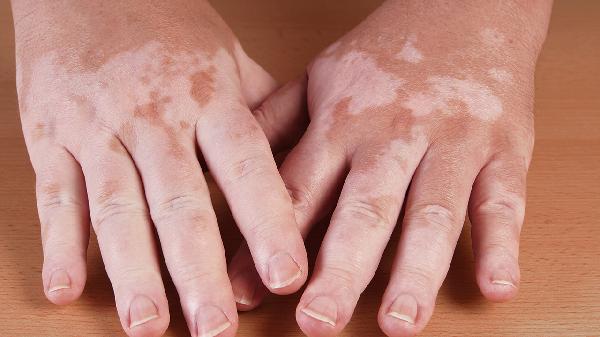According to research conducted by relevant organizations, approximately 70% of infants under the age of 3 have experienced otitis media, with 99% of these cases being caused by colds. When a baby develops otitis media, it is crucial to seek timely treatment to prevent it from becoming chronic. Missing the optimal treatment window could lead to hearing impairment, affecting the child's future growth and development. So, how can parents prevent their babies from getting otitis media?
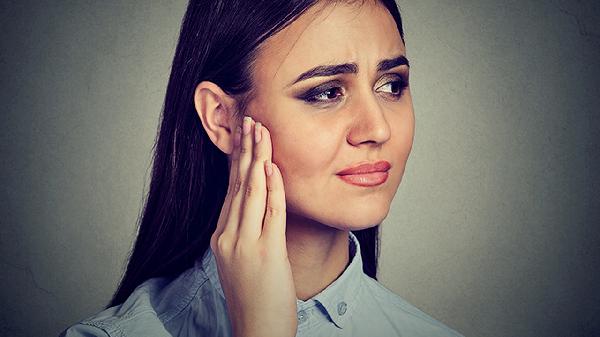
Since colds make babies more susceptible to otitis media, once a baby shows symptoms of a cold, in addition to treating the cold, daily care should be taken to prevent otitis media.
1. Relieve nasal congestion and runny nose to ensure smooth breathing
The Eustachian tube in infants is not fully developed, so when a baby has a runny nose, bacteria and secretions from the nasopharynx can easily enter the middle ear cavity, causing otitis media. Therefore, when a baby has a runny nose, it is important to promptly relieve nasal congestion and ensure the nasal passages are clear for smooth breathing. A nasal aspirator can help clear secretions from the baby's nose, keeping the nasal passages open. Additionally, elevating the baby's pillow during sleep can prevent mucus from flowing into the Eustachian tube.
2. Avoid pinching both nostrils when blowing the nose
Blowing the nose can fill the sinuses, turning them into a breeding ground for pathogens. Whether parents are helping the baby blow their nose or the baby is doing it themselves, it is important not to pinch both nostrils at the same time. Instead, blow one nostril first, then the other, to prevent mucus and bacteria from entering the middle ear through the Eustachian tube. Teaching the baby the correct way to blow their nose is essential.
Incorrect feeding positions can lead to breast milk flowing into the baby's Eustachian tube, causing otitis media.
1. Correct breastfeeding position: Hold the baby while feeding
Many mothers, tired from work or caring for the baby during the day, may prefer to lie down while breastfeeding for comfort. However, this is not ideal for the baby's health. When a baby falls asleep while feeding, milk can easily flow into the ear canal, causing ear infections. Therefore, it is best for mothers to hold the baby while breastfeeding, ensuring the baby's head is not too low. After feeding, gently pat the baby's back until they burp.
2. Pay attention to feeding position during bottle-feeding
If bottle-feeding, it is also important to hold the baby in the correct position to prevent milk from entering the Eustachian tube and causing otitis media.

